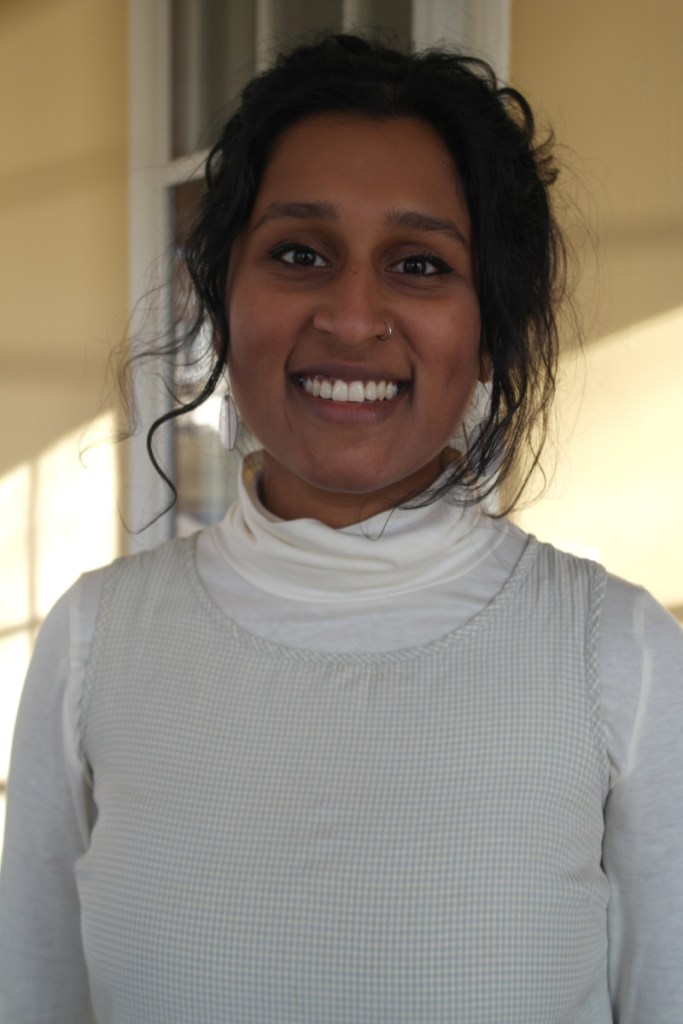There always seems to be a glass of water on the kitchen table. No one’s really sure whose it is. It’s usually by the window, the sun’s activity reflected on its surface. Following its initial, distracted placement on the table, no one really takes another sip from it. Tiny bubbles form, signaling days-old neglect. An accidental sip of its contents tastes slightly stale. Periodically, it gets emptied and replaced.
This glass has been a constant in my life. The pouring and refilling of its contents is something I take for granted. The water from our kitchen sink runs clear, cool and sweet from our well. During family vacations, my parents would often remark as to the quality of the water being some variation of “it’s not as good as Maine’s.” I was never entirely sure what this meant but felt proud of my home state’s superior water taste all the same.
I spent the past year living in a coastal Malaysian city on the island of Borneo. The water that flowed from my kitchen sink came from the public water supply. I’d have to decide on a way to filter it, as it was unfit for drinking.
At the beginning, I boiled my water. Hoping to save money and plastic, I diligently stood above the gas stove watching the water reach boiling point and tumble about for several minutes afterward. I then switched off the stove and funneled it into a row of plastic containers after it cooled. The result contained hints of last night’s dinner and cooking oil. It was a bit thicker and more flavorful than I was accustomed to. Additionally, after a long day’s teaching and equatorial sun, it was an effort to muster up the energy to conduct the hour-long process of filling up three water bottles.
So, gradually, I made the transition to trucking four 10-liter bottles to the city’s center. Placed sporadically throughout the storefronts were filtered-water tanks. I filled up my bottles and hauled them back to the car, ambitiously attempting to carry three at the first go, but stopping midway when the pain of the plastic cutting into my palms become too much.
This is all to say that I never once in those months left unattended or poured out a glass of water. I treasured each sip in acknowledgment of the minor laboriousness of its attainment. For my fellow teachers and students, there had never been any option but to boil water for the week. The task was never discussed, as it was as certain a part of the day as profusely sweating in the tropical heat.
So often we take for granted that which is seemingly effortlessly present in our lives. We forget to acknowledge the labor involved in maintaining that illusion.
I stand at my kitchen sink, fill a glass with water, drink three-fourths of it and pour the rest down the sink before rushing out of the house and into the winter’s white morning.
Comments are not available on this story.
Send questions/comments to the editors.


